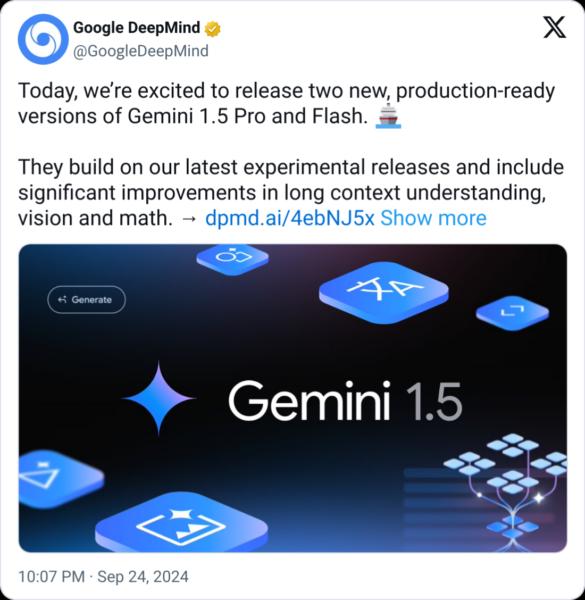In a significant departure from the traditional approach to AI policy development, OpenAI is taking strides to involve the general public in shaping the future of artificial intelligence. The organization has introduced a novel initiative, granting funds to ten diverse teams dedicated to pioneering projects to harness public opinion to influence AI policy.
This groundbreaking endeavor seeks to ensure that the evolution of AI technology aligns with the values and needs of society at large.
Ten teams, ten unique approaches
OpenAI’s initiative has fostered the formation of ten teams, each bringing their distinct expertise and perspectives to the table. These teams represent a blend of backgrounds, from technology to law, journalism, and more. They are actively working on a range of projects that span the AI policy spectrum:
Case Law for AI Policy: This project focuses on building an AI interaction case repository, providing valuable insights into the intricacies of AI interactions with human society and the legal implications thereof.
Collective Dialogues: By facilitating public deliberation, this initiative aims to extract policy recommendations from collective conversations, ensuring a broader spectrum of voices contributes to AI policy formation.
Deliberation at Scale: Leveraging AI technology, this team seeks to engage in small group discussions on AI-related topics, fostering a deeper understanding of diverse viewpoints.
Democratic Fine-Tuning: This project focuses on eliciting values from the public to guide the fine-tuning of AI models, aligning them more closely with societal values.
Energize AI: By developing guidelines for AI alignment, this team aims to ensure AI technology is harnessed in ways that benefit society and address ethical concerns.
Generative Social Choice: With a focus on representing diverse opinions, this initiative seeks to create mechanisms for AI systems to accommodate a broad range of societal preferences.
Inclusive.AI: Pioneering decentralized decision-making for underserved groups, this project aims to ensure AI policy is inclusive and reflects the needs of marginalized communities.
Making AI Transparent by Rappler: This project bridges the gap between offline and online discussions, making AI policy more transparent and accessible to the public.
Ubuntu-AI: Focusing on inclusive LLM (Large Language Models) development for African creatives, this initiative strives to ensure that AI technologies are culturally and regionally relevant.
vTaiwan and Chatham House: These teams are dedicated to recursive participatory processes, engaging the public in iterative discussions to shape AI policy.
Adapting to changing public opinion
One of the key challenges in AI policy is the ever-evolving nature of public opinion. OpenAI recognizes the importance of staying attuned to these changes. With AI becoming increasingly pervasive in everyday life, it is imperative to continuously gauge public sentiment to ensure policies remain relevant and responsive.
While involving the public in AI policy development is a noble endeavor, it comes with challenges. The digital divide, where not everyone has equal access to technology or the internet, poses a significant hurdle. OpenAI acknowledges the need to bridge this gap, ensuring that AI policy-making is as inclusive as possible.
Balancing consensus and diversity
Another delicate balance OpenAI must strike is between achieving a consensus and respecting diverse viewpoints in decision-making. Creating AI policies that reflect various perspectives is essential while still arriving at coherent and effective regulations.
OpenAI’s most recent initiative, the “Collective Alignment” squad, embodies the organization’s commitment to integrating public input directly into AI models. This squad is tasked with testing and implementing the grant prototypes in real-world AI models to infuse them with public opinion.
Shifting the power dynamic
Traditionally, the development and regulation of AI technologies have been the domain of tech experts. However, OpenAI’s groundbreaking approach seeks to democratize this process by inviting input from a more extensive cross-section of society.
This move reflects the understanding that AI should be more than just clever technology; it should embody the values and aspirations of the entire community.
Shaping a more inclusive AI
In a world where AI is ubiquitous, influencing everything from our social media experiences to our workplaces, the public must have a say in what is considered acceptable and ethical.
OpenAI’s innovative approach to AI policy-making aims to make AI technology a true reflection of our collective values, fostering a symbiotic relationship between AI and society. As AI continues to evolve, it must adapt, grow, and align with the values that matter most to us all.





